Physical activity and nutrition, more related than you think [EN-ES]
4 comments
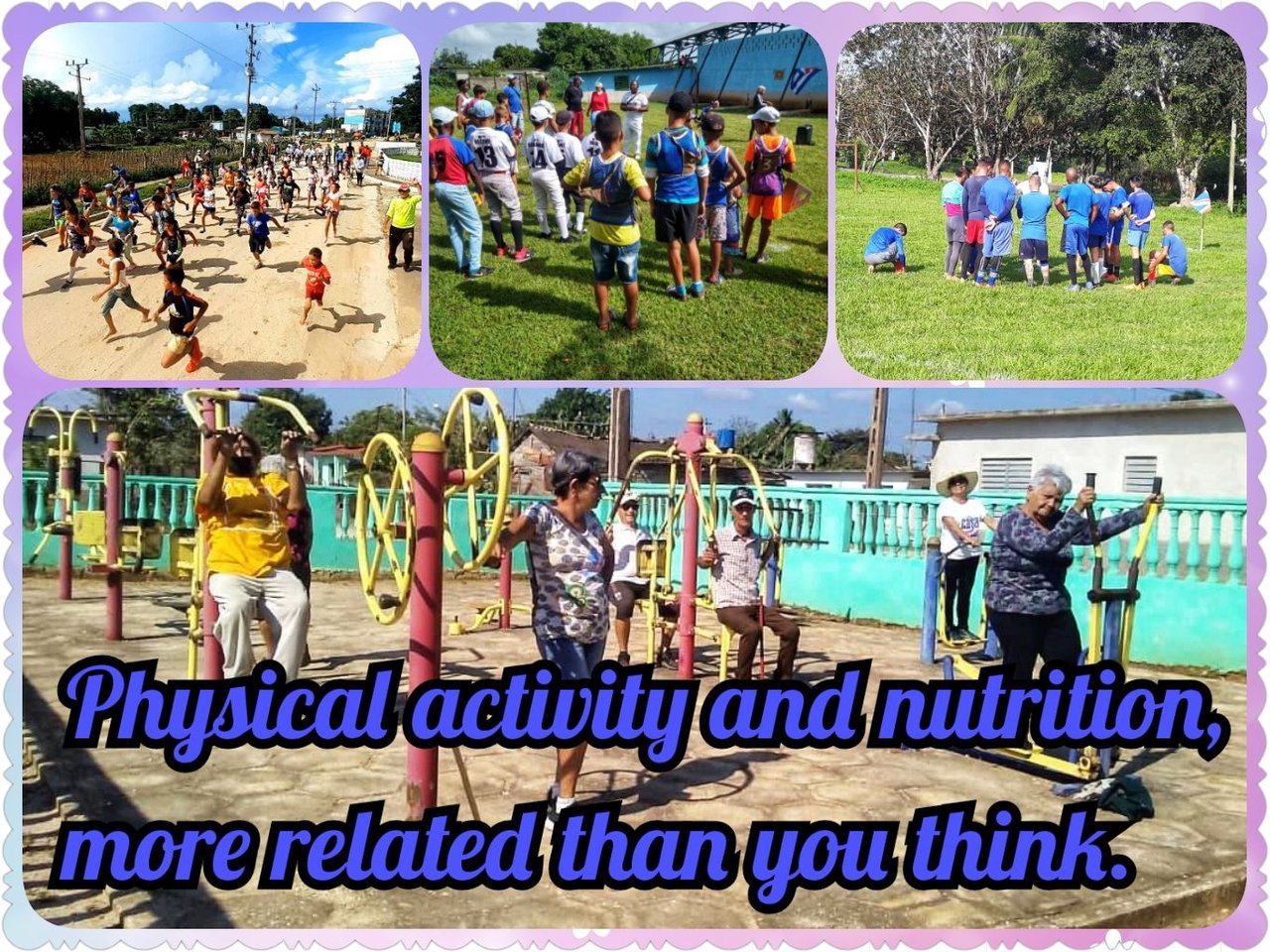
Hi #hive friends, how are you doing, the other day I was passing by my local sports center and I observed young people, children and even grandparents practicing different types of sports and I thought how I could combine my knowledge of nutrition with sports and I decided to make this post for you to see how they interrelate.
Hola amigos de #hive, cómo les va, el otro día pasé por el Combinado Deportivo de mi localidad y observé a los jóvenes, niños e incluso abuelos practicando diferentes tipos de deportes y pensé como podría combinar mis conocimientos de nutrición con el deporte y decidí hacerles este post para que vean cómo se interrelacionan.

I think we would all agree on the importance of nutrition for people, in general for a good state of health, but do you really know what is the importance of nutrition and good nutrition in the case of athletes?
Well, nutrition is something very important as I said for all people, a bad nutritional status worsens our health and that is why we have to worry about our food. I say this for people in general, but in the case of people who also do some kind of sport it is even more important. Nutrition has a direct impact on the strength, endurance and recovery of athletes, because that is something that each person has to worry about, to meet all the requirements of sports practice.
Of course, we cannot generalize, because each sport has different requirements. In the case of professional athletes, they usually already have professional help, both medical and nutritionists, who help them to design the best possible diet for their nutritional status to be optimal, to obtain the best sports performance through training of course and food that complement each other perfectly.
Creo que todos estaríamos de acuerdo en la importancia que tiene la nutrición para las personas, en general para un buen estado de salud, pero sabes realmente ¿cuál es la importancia de la nutrición y de una buena alimentación en el caso de los deportistas?
Bueno, la nutrición es algo muy importante como he dicho para todas las personas, un mal estado nutricional empeora nuestra salud y por eso tenemos que preocuparnos de nuestra alimentación. Esto lo digo para las personas en general, pero es que en el caso de las personas que además realizan algún tipo de deporte tiene todavía muchísima más importancia. En la alimentación la nutrición impacta directamente en la fuerza, en la resistencia, en la recuperación de los deportistas, porque eso es algo que cada persona que tiene que preocuparse, de cumplir con todos los requerimientos que exige en la práctica deportiva.
Por supuesto, que no podemos generalizar, porque cada deporte tiene unos requerimientos diferentes. En el caso de los deportistas profesionales, ellos normalmente cuentan ya con ayuda profesional, tanto médica como nutricionistas, que les ayudan a diseñar la mejor dieta posible para que su estado nutricional sea óptimo, para obtener el mayor rendimiento deportivo a través también del entrenamiento por supuesto y de la alimentación que se complementan perfectamente.
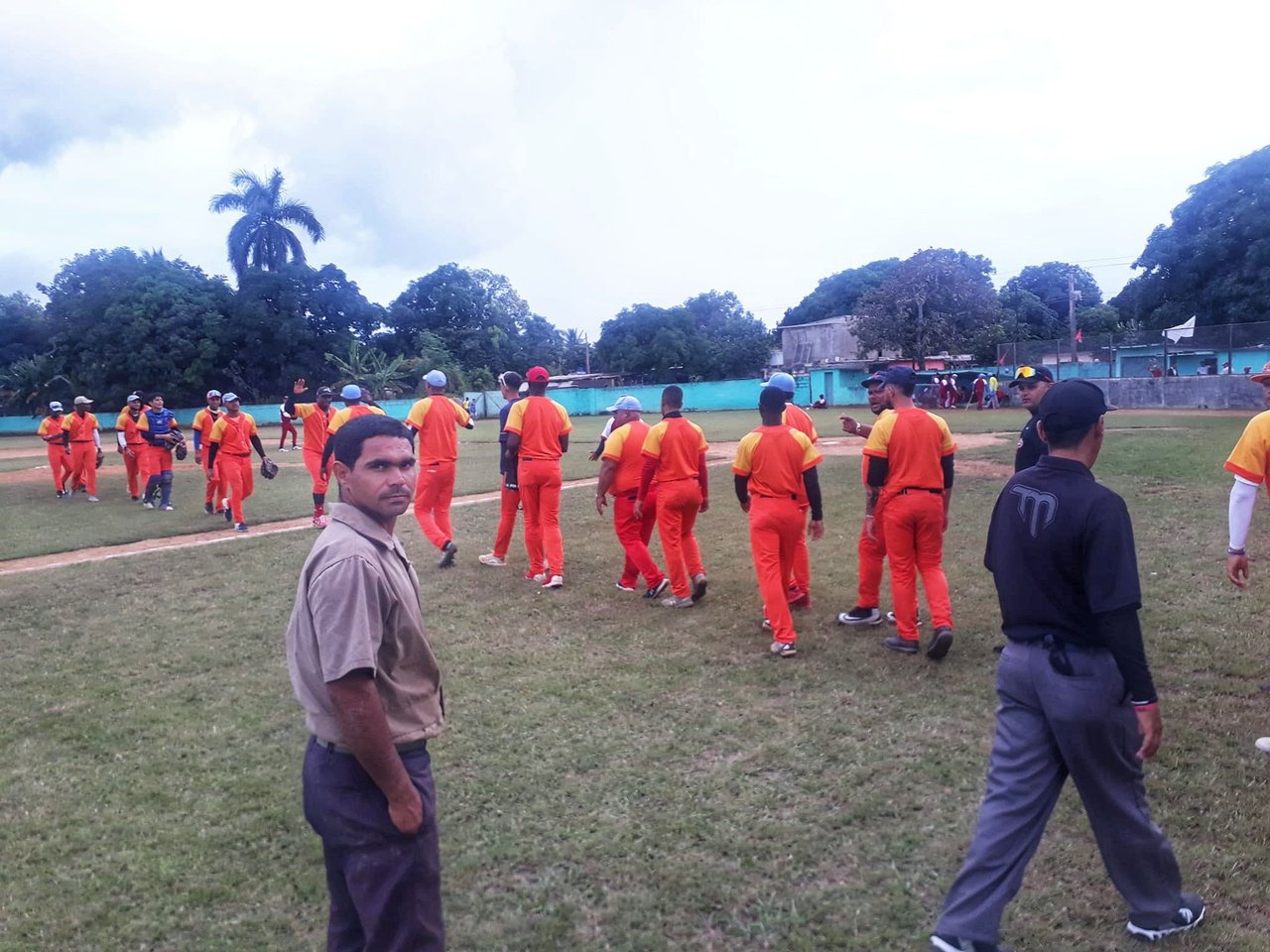
But what happens in the case of amateur athletes?
Any of us in our sports practice, it is increasingly common that we not only train as part of leisure time, but often we demand a little more of ourselves, for example, it is very typical the issue of runners who participate in marathons and races of 5, 10 kilometers, but nowadays the demands are becoming greater and there are many people who participate in endurance and long duration actions that require a lot of their nutrition, because they are really demanding races.
Pero ¿qué ocurre en el caso de los deportistas amateurs?
Cualquiera de nosotros en nuestra práctica deportiva, cada vez es más habitual que no sólo entrenemos como parte del tiempo de ocio, sino que muchas veces nos autoexigimos un poquito más, por ejemplo, es muy típico el tema de los corredores que participan en maratones y carreras de 5, de 10 kilómetros, pero es que actualmente las exigencias son cada vez mayores y hay muchos personas que participan en acciones de resistencia y de larga duración que requieren bastante de su nutrición, porque son carreras realmente exigentes.
I am going to focus on amateur athletes, they should follow a balanced diet that provides all the essential nutrients, within these essential nutrients, macronutrients (proteins, fats and carbohydrates) are of special importance. A good distribution of macronutrients, adapted to each sport practice because depending on the type of physical exercise, the type of sport, it will be necessary to enhance or prioritize the consumption of some of these macronutrients.
As a general rule we should consume foods that provide us with proteins in order to have a good muscle recovery and also, of course, that proteins are like those bricks that we have to have at our disposal to build our muscles as well.
All the cells of our body and resistance in sports will also be favored by a good consumption of carbohydrates, the longer the duration of physical exercise the more carbohydrates we will need. If carbohydrates are depleted during sports we can always pull our fat reserves, this does not mean that we have to have a high consumption of fats in our diet but a consumption of healthy fats.
Me voy a centrar en los deportistas amateurs, deberían seguir una dieta equilibrada que le proporcione todos los nutrientes esenciales, dentro de esos nutrientes esenciales, cobran especial importancia los macronutrientes (proteínas, grasas y carbohidratos). Una buena distribución de macronutrientes, adaptadas a cada práctica deportiva porque dependiendo del tipo de ejercicio físico, el tipo de deporte, habrá que potenciar o priorizar el consumo de algunos de estos macronutrientes.
Por regla general deberíamos consumir alimentos que nos proporcionen proteínas para poder tener una buena recuperación muscular y también, por supuesto, que las proteínas siempre les digo que son como esos ladrillos que tenemos que tener a nuestra disposición para construir también nuestros músculos.
Todas las células de nuestro organismo y resistencia en los deportes también se vendrán favorecidas por un buen consumo de carbohidratos, a mayor duración del ejercicio físico mayor cantidad de hidratos de carbono vamos a necesitar. Si los hidratos de carbono se nos agotan durante la práctica deportiva siempre podemos tirar de nuestras reservas de grasas, esto no quiere decir que tengamos que tener un consumo elevado de grasas en nuestra dieta sino un consumo de grasas saludables.
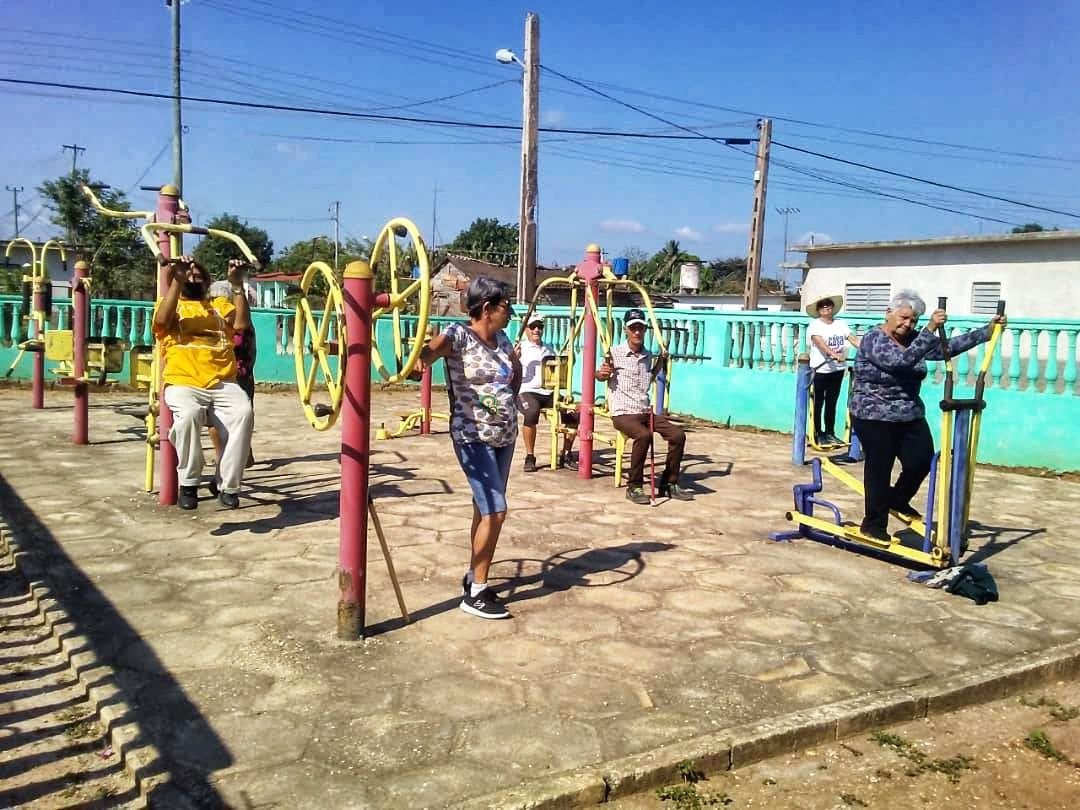
General proportions
Like any person within a balanced diet, the more or less general proportions should be around 45 to 55% of carbohydrates, around 30 to 35% of fats, if possible healthy fats and between 10 and 25% of proteins depending on the type of sports practice. What happens is that there are some sports that require a higher protein intake and we usually have in mind that proteins have to be of animal origin.
It is very important that the diet is balanced and that we do not restrict the consumption of macronutrients to a single food group, whenever we think of increasing protein, as I say, we think of animal proteins, eggs and meat if possible. Athletes try to prioritize lean meats such as chicken breast, but there are other very important sources of protein in a balanced diet such as legumes, nuts, seeds and, for example, would also be soy derivatives.
The proportions should be based on weight and sports practice and that is something that, well, you have to customize. There are many people who practice sports and do not take it into account and continue to eat normally, like the rest of his family, but, however, if they perform demanding workouts and also participate in heavy activities, it would be very important to review their diet because it could lead to a nutritional deficit.
Proporciones generales
Al igual que cualquier persona dentro de una dieta equilibrada las proporciones más o menos generales deberían ser alrededor de un 45 un 55% de hidratos de carbono, alrededor de 30 a 35 % de grasas, a ser posible grasas saludables y entre un 10 y un 25 % de proteínas dependiendo del tipo de práctica deportiva. Qué ocurre, pues que hay algunos deportes que requieren un mayor consumo de proteínas y por lo general tenemos en la cabeza que las proteínas tienen que ser de origen animal.
Es muy importante que la dieta sea equilibrada y que no restrinjamos el consumo de los macronutrientes a un solo grupo de alimentos, siempre que pensamos en aumentar proteínas, como les digo, nos viene a la cabeza las proteínas de origen animal, huevos y carne a ser posible. Los deportistas tratan de priorizar las carnes magras como por ejemplo la pechuga de pollo, pero es que hay otras fuentes de proteínas muy importantes en una dieta equilibrada como son las legumbres, los frutos secos, las semillas y por ejemplo, sería también los derivados de la soja.
Las proporciones deberían ir en función del peso y de la práctica deportiva y eso es algo, que bueno, hay que personalizar. Hay muchas personas que practican deportes y que no lo tienen en cuenta y siguen alimentándose normal, al igual que el resto de su familia, pero, sin embargo, si realizan entrenamientos exigentes y también participan en actividades fuertes, sería muy importante que revisen su alimentación porque los podría llevar a un déficit nutricional.
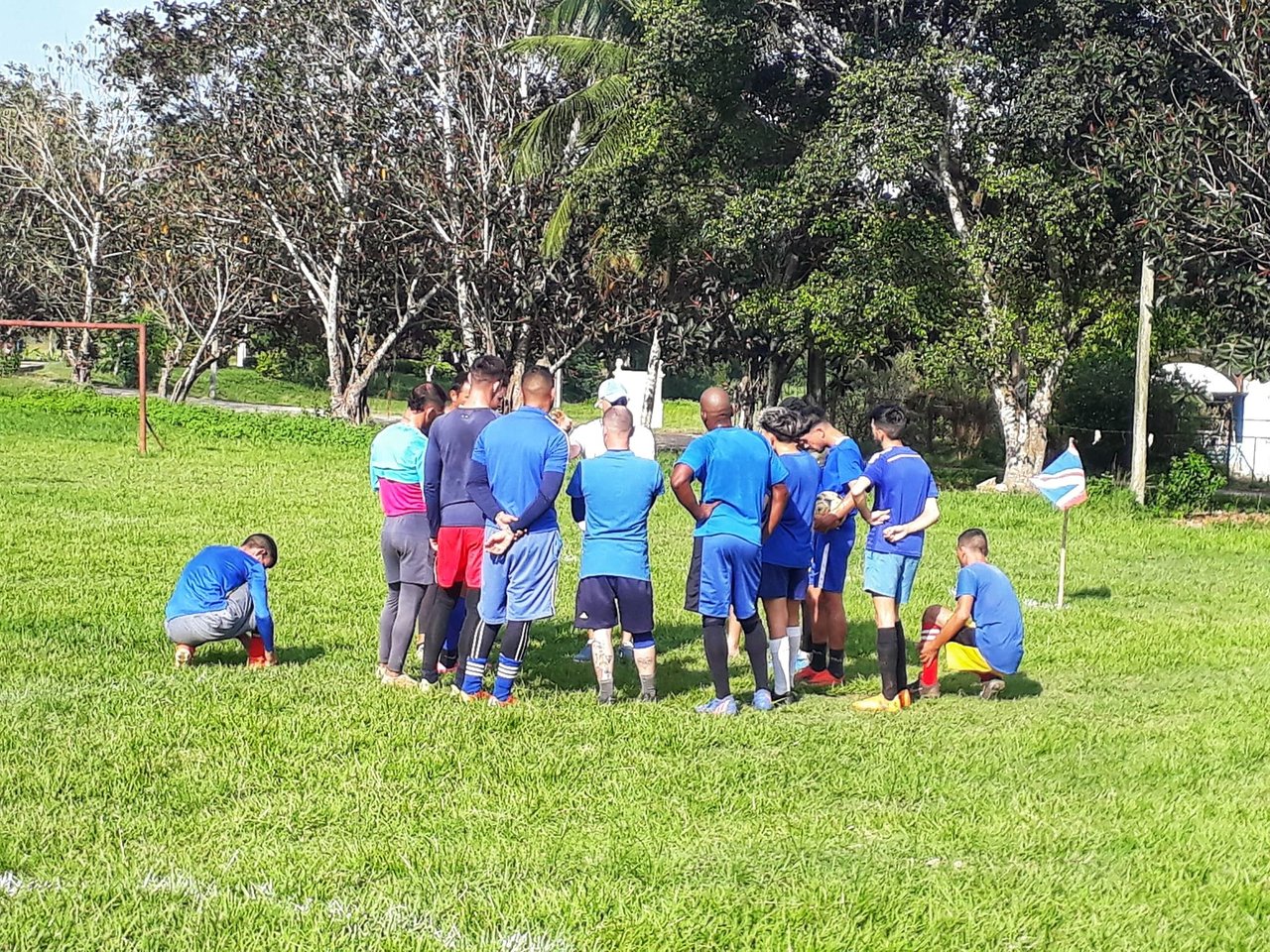
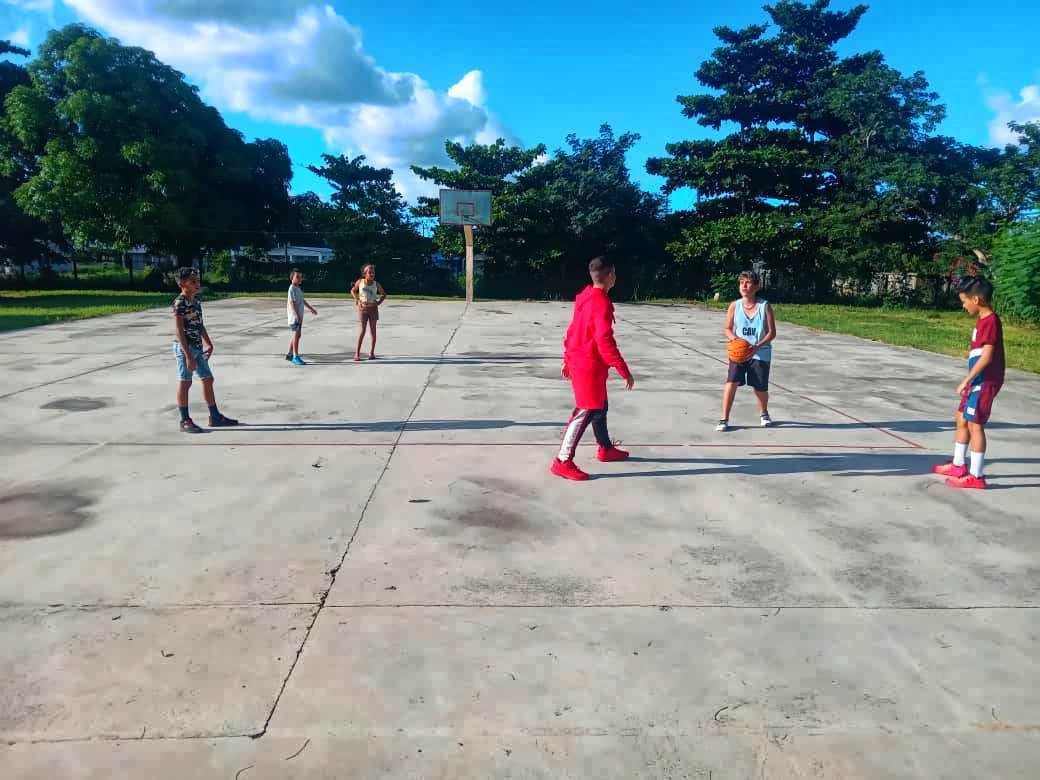
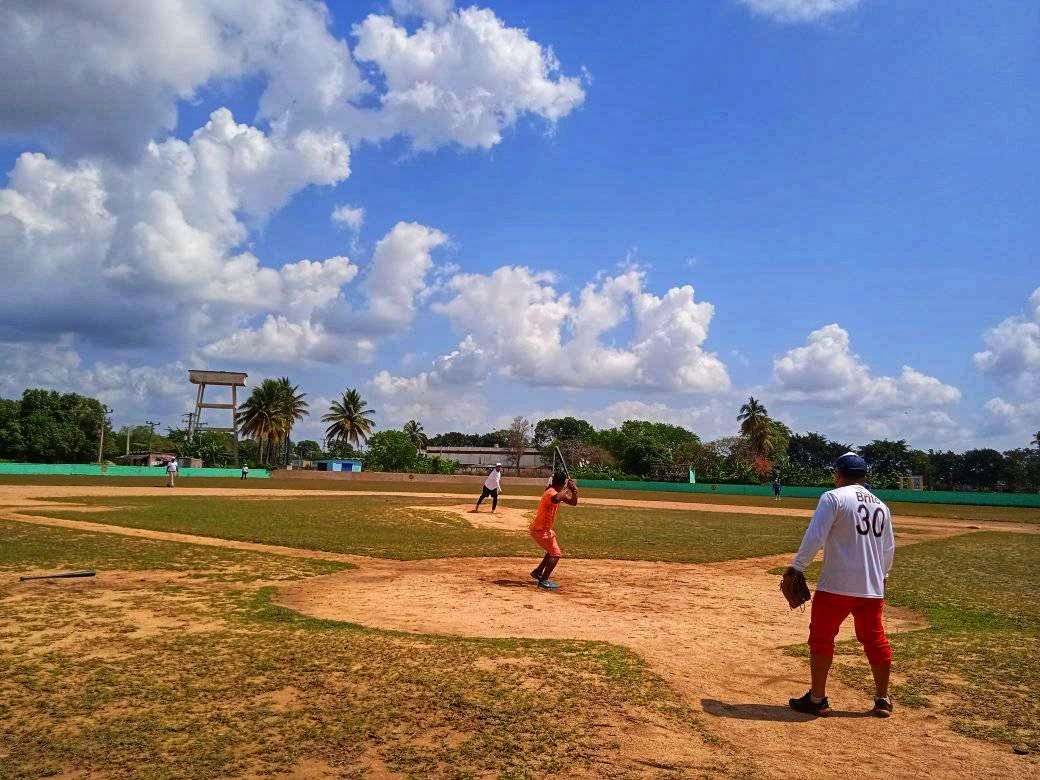
I have not yet talked about micronutrients, which is something we often forget, vitamins and minerals. In the case of athletes it is something very important and if we do not have a good planning of the diet it is possible that these nutritional deficits occur that will affect especially the recovery.
After having done the physical exercise it is also very important to take into account the consumption of antioxidants or bioactive substances that we will mainly get through fruits and vegetables, so I return to what I said before, we must not restrict the food groups but in the case of sports we should expand them, have more variety so that in this way we are able to have at our disposal all the macronutrients and micronutrients that are also very important in sports.
No les he hablado todavía de los micronutrientes, que es algo que muchas veces nos olvidamos, las vitaminas y minerales. En el caso de los deportistas es algo importantísimo y si no tenemos una buena planificación de la dieta es posible que se produzcan estos déficits nutricionales que van afectar sobre todo a la recuperación.
Después de haber realizado el ejercicio físico también es importantísimo tener en cuenta el consumo de antioxidantes o de sustancias bioactivas que principalmente las vamos a obtener a través de frutas y verduras, por eso vuelvo a lo que les dije antes, no tenemos que restringir los grupos de alimentos sino que en el caso de la práctica deportiva deberíamos ampliarlos, tener mayor variedad para que de esa manera seamos capaces de tener a nuestra disposición todos los macronutrientes y micronutrientes que también son importantísimos en la práctica deportiva.
Something we often forget is hydration. Maintaining a good state of hydration throughout life is very important for anyone, but in the case of athletes it is even more important. We all know that the main source of hydration should be water, but there are times when water is not enough when practicing sports.
For example, a long-distance runner who drinks only water can dilute the need for minerals a little bit, which can lead to fatigue and cramps. That is why it is very important to design a good hydration method that is able to provide us with those micronutrients, especially mineral salts that we lose through sweat, especially when there is heat and humidity. Through this hydration we can also be maintaining a continuous supply of glucose that allows us not to fall into fatigue and improve performance much more.
Algo que olvidamos muchísimas veces es la hidratación. Mantener un buen estado de hidratación a lo largo de toda la vida es importantísimo para cualquier persona, pero en el caso de los deportistas es todavía muchísimo más importante. La principal fuente de hidratación todos sabemos que debe ser el agua, pero hay veces que el agua en la práctica deportiva no es suficiente.
Por ejemplo, un corredor de larga distancia que bebe sólo agua puede llevarle a diluir un poquito esa necesidad que tiene de minerales, y por eso se produce fatiga y calambres. Por eso es muy importante diseñar un buen método de hidratación que sea capaz de proporcionarnos esos micronutrientes especialmente sales minerales que vamos perdiendo a través del sudor, sobre todo cuando hay calor y humedad. A través de esa hidratación también podemos estar manteniendo un aporte continuo de glucosa que nos permite no caer en la fatiga y mejorar muchísimo más el rendimiento.
So you see, if you are an athlete or just do exercises, those who participate in the @hiverun and you have a poor quality in your diet, a bad design of your meal plan, can directly affect your athletic performance, your recovery and can even cause injuries due to nutritional deficits and excess, of course, training, in poor nutritional conditions. So I hope this post will help you to consider or rethink your diet in the case of sports practice.
Así que ya ves, si eres deportista o tan solo haces ejercicios, los que participan en el @hiverun y tienes una mala calidad en tu alimentación, un mal diseño de tu plan de alimentación, puede afectar directamente a tu rendimiento deportivo, a tu recuperación y puede incluso provocar lesiones por déficits nutricionales y por exceso, por supuesto, de entrenamiento, en unas malas condiciones nutricionales. Así que espero que este post sirva de ayuda para plantearse o replantearse la alimentación en el caso de la práctica deportiva.

English is not my native language, translated by DeepL
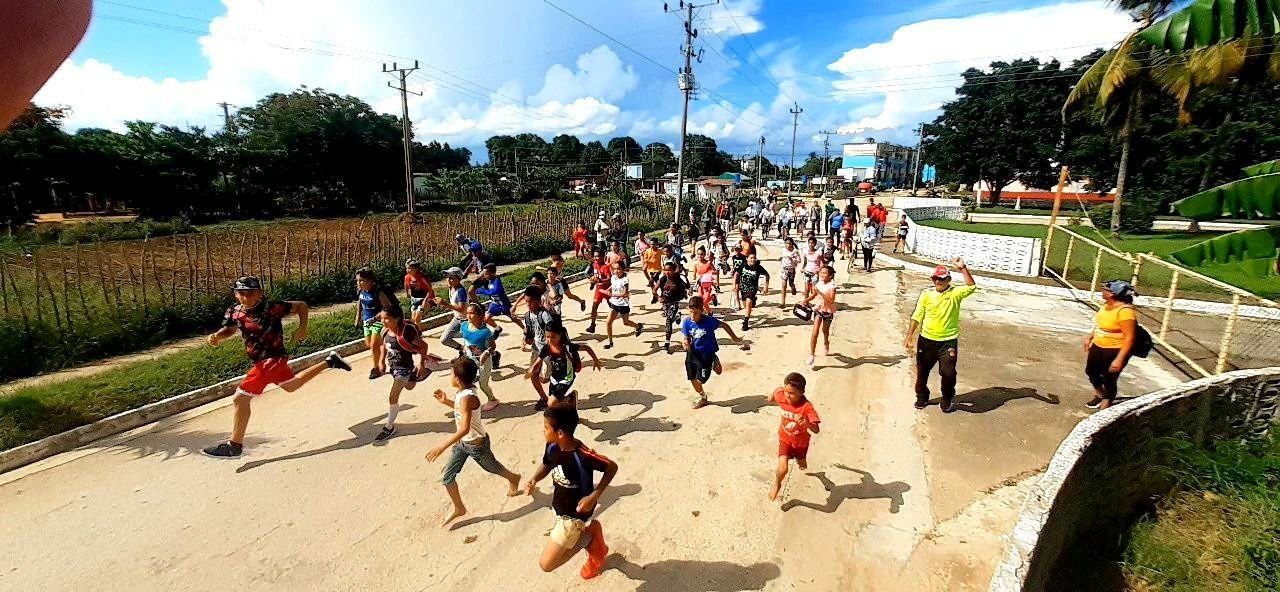
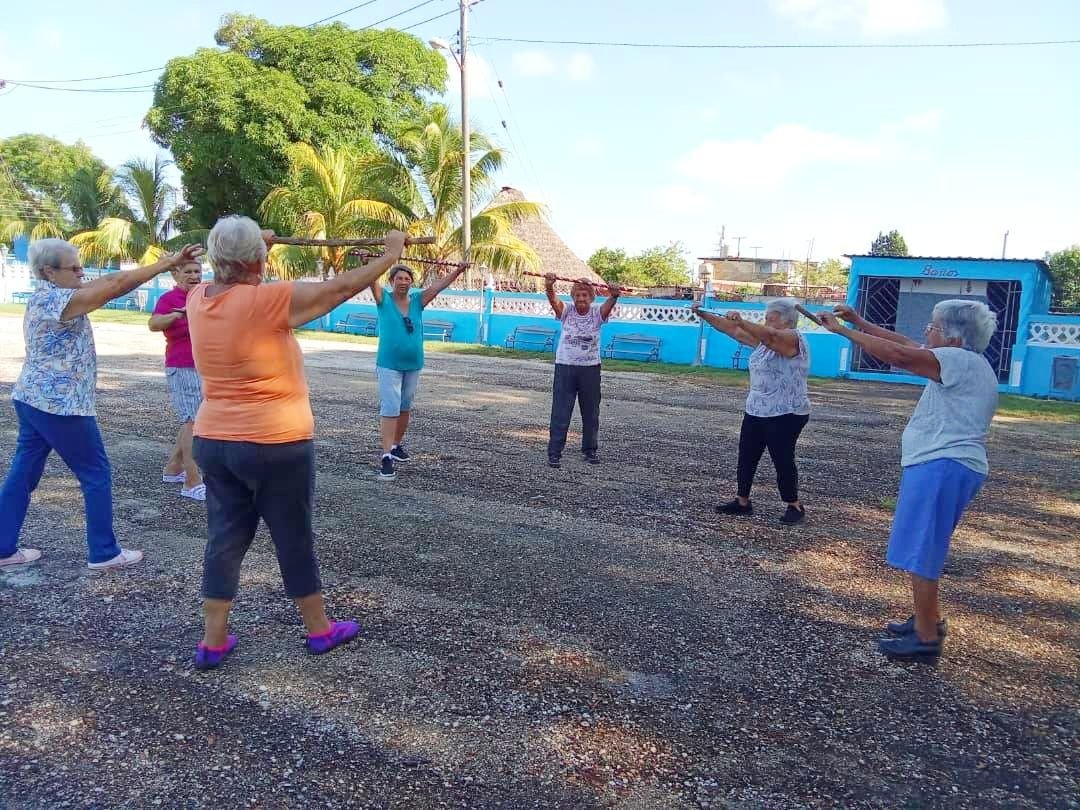
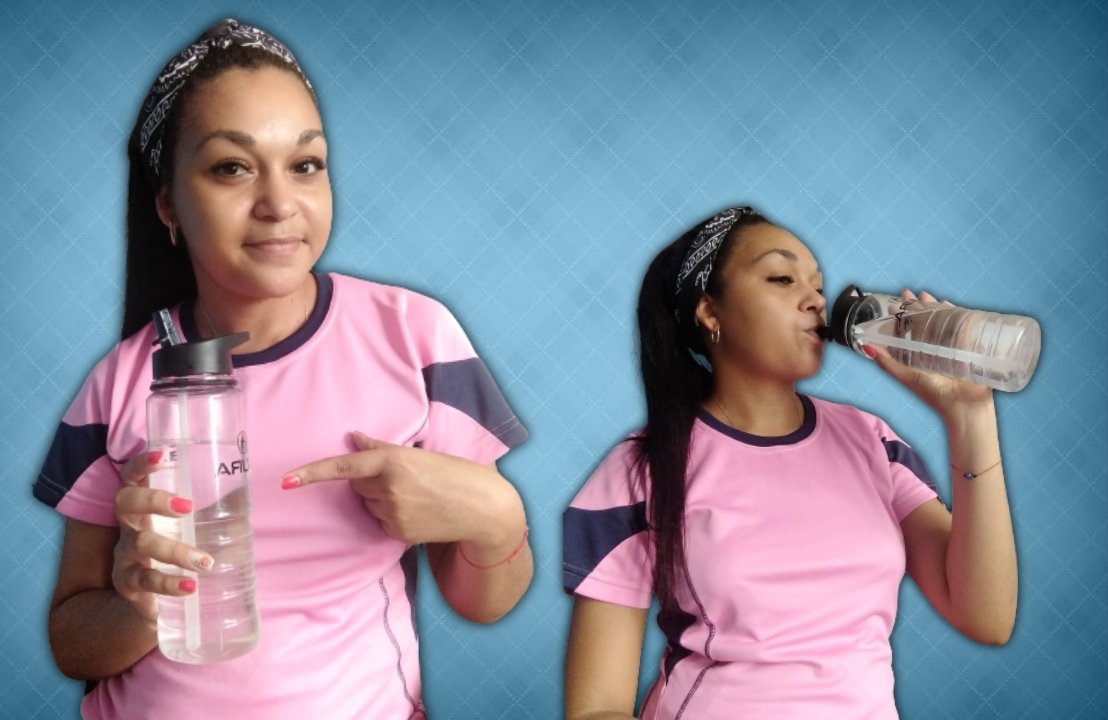

Comments